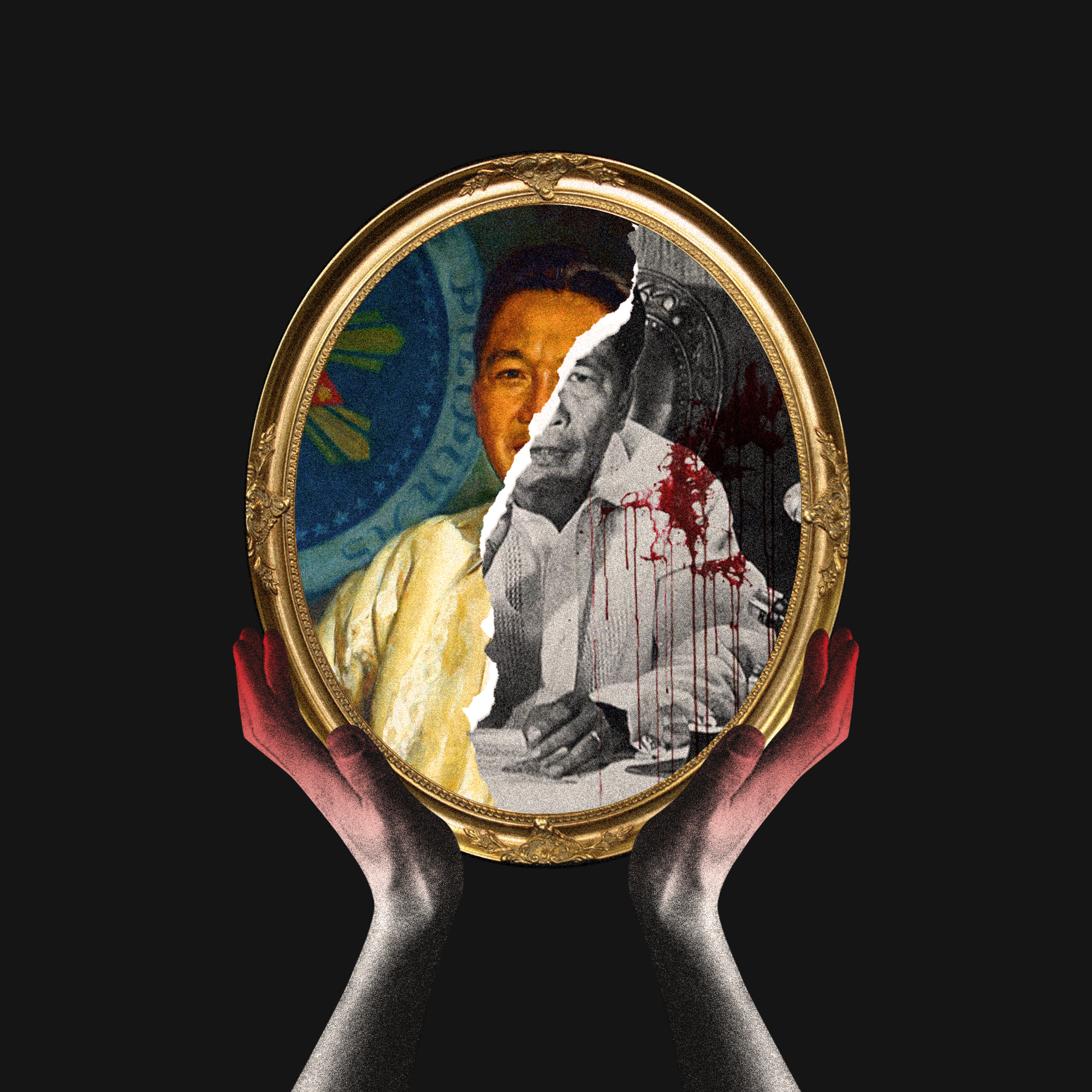Historians, experts, and other scholars embrace the concept of historical revisionism in light of new legitimate historical evidence, regardless if it contradicts or contributes to the currently written past. However, there are some politically-motivated people who shuffle facts and hoaxes through false claims. To mitigate these propagandas, journalists debunk, report and document narratives.
“Journalists should be aware [of] the narratives that they are writing; these are contemporary history,” Mr. Emmanuel Caliwan, J.D., a teacher of sociology, anthropology and law, highlighted in the National Campus Press Olympiad press conference.
Everyday, journalists cover news and controversies that are matters of public interest, and people in authority are no exemption. Though cases of impunity, military threats, police brutality, and other crimes are reported, there are cases of misleading headlines. Cross-checking from more than one primary source is still highly encouraged to grasp most of the story.
Voices recorded in history
Injustices of previous administrations had gradually resurfaced because of journalism. Award-winning documentaries on survivors’ stories, like Alaala: A Martial Law Special by GMA, must reach the ill-informed part of the population; since it debunks whitewashed allegations against oppressors.
UP-Diliman history professor Dr. Ferdinand C. Llanes noted in an interview with the Philippine Social Science Council that, despite the end of Martial Law, Philippines was “producing an electorate that is not alert to and critical of the track record of the Marcoses.”
Still existing claims on the late dictator Ferdinand Marcos’ regime as the “golden age” and “Most Brilliant President in History,'' reeks of historical distortion. Marcos holds the record of “greatest robbery of a government” in Guinness World Records, and yet some still believe that Marcoses can “bring back” the country’s greatness.
Journalists had shed light into these historical distortions with facts and evidence-based reports from primary sources, even from the survivors themselves. While these may entail a revision in the history we know, we must face the facts.
Embracing an ever-changing era
Continuous publication of stories, documentaries, and reports in the pursuit of knowledge is unending. Journalists, apart from their own investigative news and documentaries, package this information to be comprehensible when reported to the public. In turn, it records the events that make up our history.
In the first place, the press fact-checks before it publishes; and at some point, the verified news becomes evidence to support history.
In terms of recent events, the press monitors heated international issues, including the territorial claim on the West Philippine Sea and the government’s COVID-19 pandemic response, through a timeline.
“Historical revisionism is not necessarily a bad thing because many things need to be revised in the way that history is presented,” medical anthropologist Gideon Lasco stated at a webinar titled “Disinformation in History.”
Historical revisionism is necessary to correct previous mistakes on a national scale. Enlightened by the history that built our nation, we now ask ourselves: “What part of history do I not want to happen again?”

